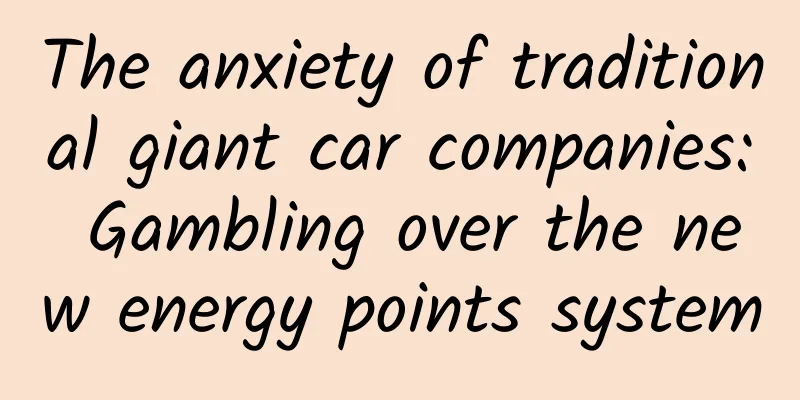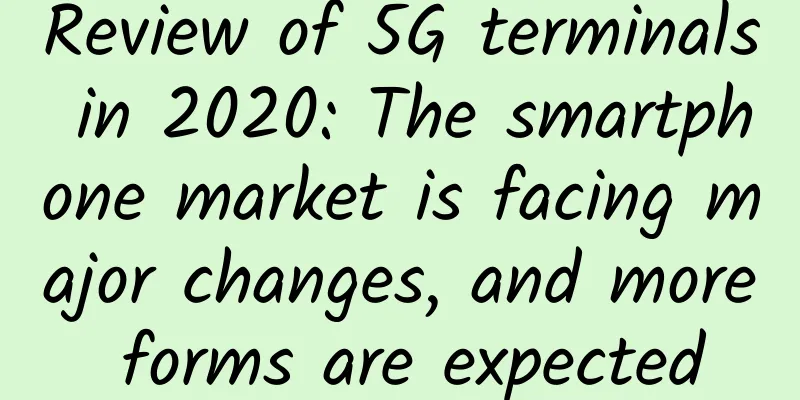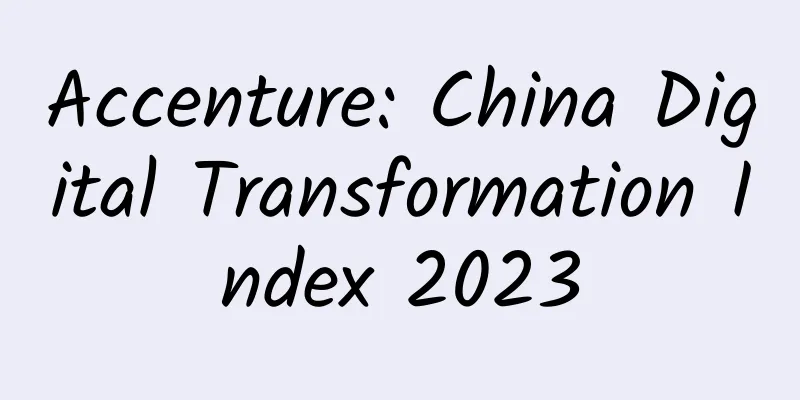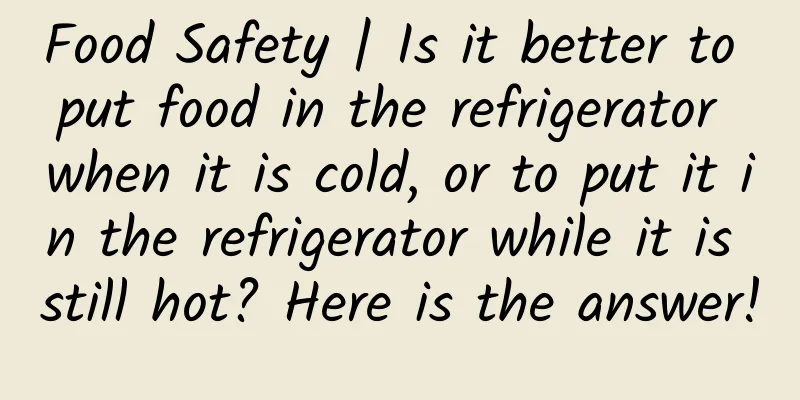The anxiety of traditional giant car companies: Gambling over the new energy points system

|
On June 13, the Legislative Affairs Office of the State Council published a notice on the official website of the Ministry of Industry and Information Technology regarding the "Draft for Comments on the Parallel Management of Passenger Vehicle Enterprises' Average Fuel Consumption and New Energy Vehicle Credits" (hereinafter referred to as the "Draft for Comments on the Double Credits Management"). It was only two weeks since Chinese Premier Li Keqiang and German Chancellor Angela Merkel witnessed two cooperation and investment agreements between Chinese and German automakers in new energy vehicles in Berlin. According to the notice, this new policy that has made German automakers anxious also has only two weeks left for the final mediation period. The public opinion solicitation will end on June 27 and is scheduled to be officially implemented in 2018. Before being posted on the public comment system of the Legislative Affairs Office of the State Council, the draft of the dual-credit policy had been on the market for nearly 10 months. During these 10 months, the game between automakers led by Volkswagen and the government has never stopped, and the new energy credit system has even become an important part of the China-Germany cooperation negotiations on electric vehicles. But consensus is not easy to reach. On June 1, after Volkswagen and JAC, Daimler and BAIC reached cooperation on new energy, German Chancellor Angela Merkel personally mediated and announced that German automakers would postpone the implementation of the new energy vehicle points system for one year. However, just when the industry was still hotly discussing the government public relations capabilities of German automakers, a new version of the "draft for comments" was quickly released just two weeks later, and the implementation schedule and intensity were basically consistent with the draft in September last year. The most concerned new energy credit ratio from 2018 to 2020 has not been reduced. "Volkswagen still has two weeks to strive for the possibility of delaying the implementation of the new energy vehicle points system." Industry insider Tian Yongqiu said, but judging from the newly released draft of the "Dual Points Management Measures", the Chinese government is very determined to promote the plan for the new energy vehicle points system. Two-degree game "China and Germany have been playing back and forth on the issue of new energy credits for several rounds," said Tian Yongqiu. From January to June this year, there was no news that the new energy credit policy would be delayed or that the implementation for German automakers would be postponed for one year. On September 21, 2016, the Ministry of Industry and Information Technology’s official website posted the “Interim Measures for the Parallel Management of Corporate Average Fuel Consumption and New Energy Vehicle Credits” (referred to as the “Interim Measures for the Double Credits Management”), which proposed a mechanism for “parallel” management of corporate average fuel consumption (CAFC) and new energy vehicle credits (NEV), also known as the double credits system. This system draws on the California Corporate Average Fuel Economy (CAFE) and Zero Emission Vehicle (ZEV) management policies. The two most concerned core information are: 1. Negative points for fuel consumption and negative points for new energy vehicles must be offset by positive points for new energy vehicles, but positive points for new energy vehicles are only allowed to be traded and not carried over across years. 2. The dual-points system was implemented in 2018. From 2018 to 2020, the new energy vehicle points ratio requirements are 8%, 10% and 12% respectively. Automakers that do not meet the standards in that year must purchase points. As the largest new energy vehicle market with 40% of the world's new energy vehicle sales, China's dual-credit system, which is more advanced than California's, immediately attracted global attention. In December 2016, when the Chinese government submitted the "Interim Measures for the Administration of Dual Credits" to the WTO for notification and solicitation of opinions for 60 days, the higher-than-expected proportion of new energy credits and only one year of buffer time made the countries where European and American car companies are located generally worried that it would be difficult to meet the standards. Among them, German car companies are the most worried. At this time, the government consultations between China and Germany on cooperation in the field of electric vehicles have been advanced for nearly two years, and the introduction of the points system has added variables. In the view of the German side, due to the existence of subsidy thresholds, China's new energy vehicle market has been completely monopolized by local car brands in the past two years. German car companies that have just started to deploy electric vehicles in China cannot meet the above regulations within the specified time. Therefore, this regulation will sharply reduce the advantages of German car companies in competing with their Chinese counterparts. The German government took the lead in negotiating with China. In November 2016, German Economy Minister Sigmar Gabriel and Chinese Industry and Information Technology Minister Miao Wei raised the issue of relaxing production quotas for electric and hybrid vehicles during a meeting in Beijing, but the talks did not make any progress on the topic. With the ministerial talks fruitless, the first round of high-level mediation between China and Germany on the new energy vehicle credit limit began. In January 2017, German Chancellor Angela Merkel mentioned cooperation in the field of electric vehicles during a telephone conversation with Chinese Premier Li Keqiang. German media, which has been paying close attention to the matter, reported that Germany sent a high-level delegation to Beijing for negotiations. The technical cooperation between China and Germany in the field of electric vehicles has become an important bargaining chip in the negotiations. At the end of February 2017, after the WTO feedback period for the "Interim Measures for the Management of Double Credits" ended, the German Handelsblatt reported that the new agreement on the production and sales of German electric vehicles in the Chinese market, which China and Germany have been negotiating for nearly two years, is about to be reached, and Germany will support the Chinese government's plan to promote more electric vehicles on the road. In response to the demands of German car companies, the Chinese government is preparing to adjust the new energy credit management regulations. The report said that the implementation period of the adjusted new energy credit policy will be postponed to 2019, and the new energy vehicle credit ratio will be lowered in the first year of the policy implementation. At the same time, "the shortage of new energy credits can be made up in the following years" is also under consideration. "In March and April, there was a revised version of the points management method, but it was not officially launched," said an industry insider who declined to be named. As a winner of Toutiao's Qingyun Plan and Baijiahao's Bai+ Plan, the 2019 Baidu Digital Author of the Year, the Baijiahao's Most Popular Author in the Technology Field, the 2019 Sogou Technology and Culture Author, and the 2021 Baijiahao Quarterly Influential Creator, he has won many awards, including the 2013 Sohu Best Industry Media Person, the 2015 China New Media Entrepreneurship Competition Beijing Third Place, the 2015 Guangmang Experience Award, the 2015 China New Media Entrepreneurship Competition Finals Third Place, and the 2018 Baidu Dynamic Annual Powerful Celebrity. |
Recommend
Lincang SEO Training: How do website SEO optimization tools help with optimization?
The work of website SEO optimization is not compl...
Toutiao, Weibo and other 20 new media operation guides
New media operation is a series of operational me...
Why is the number of views always low? Five data indicators that short video operators need to pay attention to
Data analysis is a very necessary part in short v...
Hunting, war, maintaining rule...what secrets are hidden behind the poison?
Influenced by "Water Margin", everyone ...
High-cost-effective configuration for high-defense server rental
With the rapid development of network business, s...
Full of useful tips on home fire prevention: This is what a fire extinguisher looks like!
Your browser does not support the video tag What ...
Comprehensive Operational Solution: Event Planning and Execution
Activities are often used as a very important mea...
The market will be bigger. Mark Zuckerberg called at the United Nations to allow more people around the world to access the Internet.
[[150638]] Facebook CEO Mark Zuckerberg called fo...
GM may be the first company to test self-driving cars in New York
The rapid iteration of intelligent technology has...
Himalaya FM-AARRR traffic funnel model analysis report!
With the rise of knowledge payment, audio payment...
Dapeng_E-commerce live streaming course, systematically learn the skills and routines of each link of live streaming Baidu cloud download
Dapeng E-commerce live streaming sales course, sy...
Pickup Master TV: Chen Dali's "Live Game Master 2.0" full version
This course is "Live Game Master 2.0" b...
Does your oCPC advertising really work?
oCPC is now a familiar concept. You may not have ...
What are the top ten mistakes Jack Ma made in the past 15 years?
[[151943]] On September 19 last year, Alibaba was...









